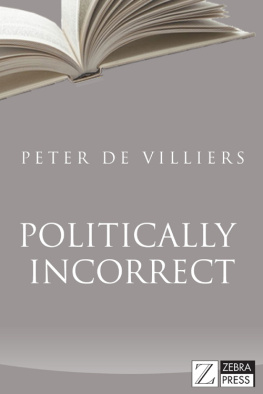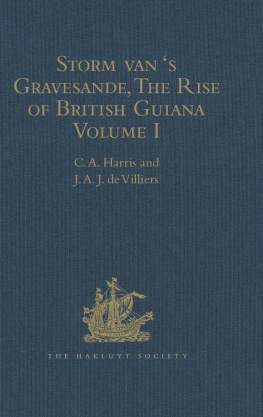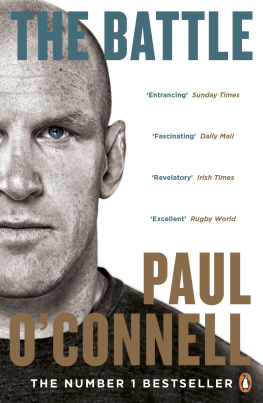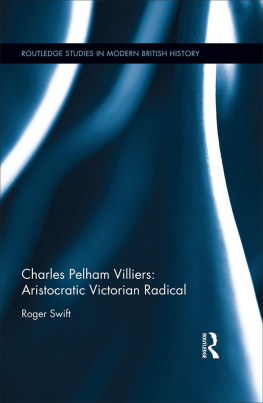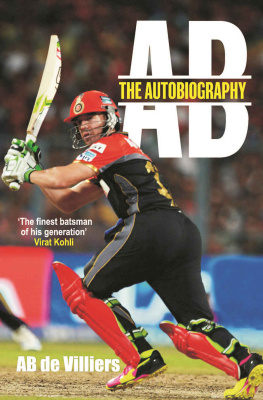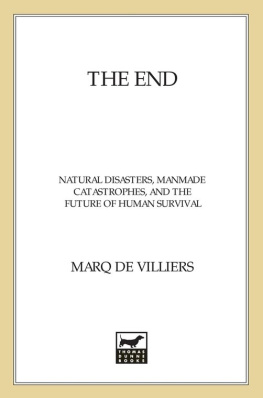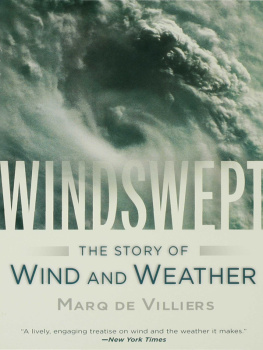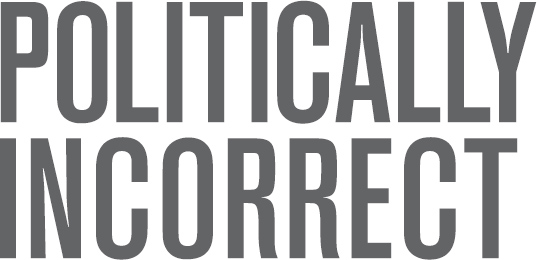
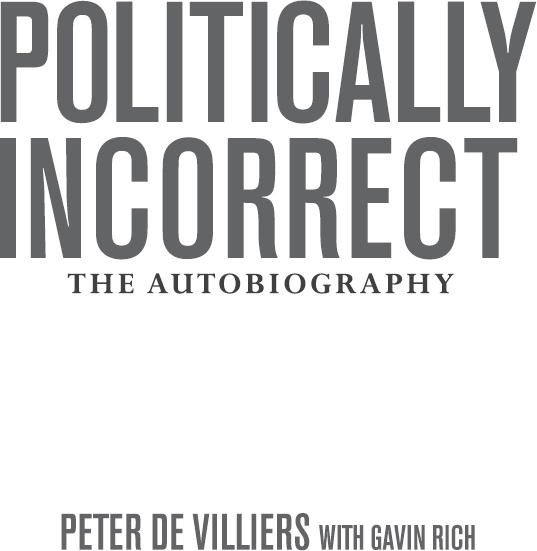

Published by Zebra Press
an imprint of Random House Struik (Pty) Ltd
Company Reg. No. 1966/003153/07
Wembley Square, First Floor, Solan Road, Gardens, Cape Town, 8001
PO Box 1144, Cape Town, 8000, South Africa
www.zebrapress.co.za
First published 2012
Publication Zebra Press 2012
Text Peter de Villiers and Gavin Rich 2012
All rights reserved. No part of this publication may be reproduced, stored in a retrieval system or transmitted, in any form or by any means, electronic, mechanical, photocopying, recording or otherwise, without the prior written permission of the copyright owners.
PUBLISHER: Marlene Fryer
EDITOR: Ronel Richter-Herbert
PROOFREADER: Bronwen Leak
TEXT DESIGN: Jacques Kaiser
TYPESETTER: Catherine Coetzer
ISBN: 978 1 77022 421 6 (print)
ISBN: 978 1 77022 422 3 (ePub)
ISBN: 978 1 77022 423 0 (PDF)
www.imagesofafrica.co.za

Over 50 000 unique African images available to purchase from our image bank at www.imagesofafrica.co.za
Contents
Foreword
While sitting in my little house in France in late 2007, when I was playing for ASM Clermont Avergne, I got a call from South Africa asking whether I would meet with newly appointed Bok coach Peter de Villiers in Cape Town in January 2008. I had never met the man before and wondered what it was about. Even back then, many had an opinion about Peter, but few really knew him. I believe this is still the case today. Well, we eventually met and Im sure you know the rest!
I worked with Peter for four years, and wherever I go, people ask me about him. My response is always the same: Let me explain to you who Peter de Villiers is by telling you this: In all my years as a player, I have had many coaches some good, some bad and some okay but at the beginning of my four years with Peter, I met a man who always seemed happy (quite out of the ordinary for a coach!), and in those four years I watched him grow as a person but remain the same man, still smiling!
He was the only coach ever to send me home from a Bok camp during training so that I could go and see my boy, who was ill. I didnt ask to leave at training he just sensed that my mind was elsewhere and asked around to find out what was wrong. He was told that my kid was ill. He called Charles, our manager, aside and asked him to book me a flight home without even discussing it with me! Now this is bizarre behaviour for a coach, but it was one of the many lessons I learnt from Peter. His explanation was, Rugby can be a very important part of your life, but dont make it your whole life. Maintain a balance, as your family will be there long after your career is over.
I know we didnt win the Rugby World Cup in 2011, but I know in my heart that with Peter as coach and with the plan we had, it had been possible. However, the margins are small and we missed out. But I dont remember Peter for that I remember him for what he meant to us as a group. Do yourself a favour and ask any player he coached since 2007 which coach they would invite to their house for dinner in 20 years time, and Im pretty sure most of them will say, Peter.
JOHN SMIT
APRIL 2012
Foreword
This book is a fundamental part of South Africas recent (post-1994) history. It will be a disservice to the characters, and primarily the primary character, to read it outside of the above context. The reflections and descriptions in the book must be understood against the general theme of the victorious nature of the human spirit.
When Peter de Villiers became South Africas national rugby coach in 2008, he had lived in a post-apartheid society for 14 years. At the age of 50, he had lived as a victim under the oppression of apartheid for 36 years. He represents a special generation of South Africans who have lived their lives mostly pre-1994 and only slightly post-1994. This generation carries both the burdens of the past and those of the future of our country. Peters appointment was a great moment in rejuvenating our belief that critical gains were being made in the building of our nation.
When Peter became the South African national rugby coach, he entered both the national arena of rugby and became a role player in the highly competitive international rugby scene during this professional era of the sport. This was a major challenge for which he was more than adequately prepared.
At the time of his appointment, Peter had a deep knowledge of the game both as a player and as a coach, as well as incredible life experience, having learnt to play rugby under shamefully under-resourced conditions. Yet he had an unwavering commitment to South Africas nation-building project. These attributes were critical to him fulfilling the role to which he had been appointed.
Throughout his rugby career, Peter de Villiers was an avid rugby player playing the game at Noorder Paarl High School, for his club Young Gardens in Paarl (where he both played and coached) and for the Boland provincial team and rugby coach in the schools where he taught. Rugby was always in his blood, just as it flowed through the veins of his community and family.
The commitment to South Africas nation building came from Peters experience of living in a community that had experienced the destruction of its cohesive core through the Group Areas Act. These experiences make those of his generation a special kind of South African, one who has lived under the harsh reality of state oppression and suppression but who is also able to embrace the future of our country with a deep sense of gratitude.
Peter has lived the reconstruction of those disrupted communities, as many of us did in Paarl and in many other places in our land. Our generation has experienced the social pathologies that seem to be inevitable in this kind of reconstruction of broken communities. These are the things that make Peter thrive seeing our nation flourish and grow and present itself in the most glorious blossoming. It gives him a tremendous sense of satisfaction to experience our children reaching their full potential.
As a professional teacher, Peter was known for his irrepressible commitment to making things work. He was prepared to walk many extra miles and to make personal sacrifices to give of his best to those whom he served as an educator (learners, fellow educators, parents and the community at large).
Added to this, we had a South African Springbok rugby coach steeped in his religious faith and the traditions followed by the community that had shaped him and the family who had nurtured him. It is therefore of fundamental importance to see this book as critical literature in post-1994 and post-apartheid South Africa. It is a functional part of the remaking of South African society, a story of the triumph of the human spirit.
Springbok rugby coach? Yes, but that is but a part of a much bigger picture. This book presents a truly South African story and is a critical step in understanding the normalisation of our society.
COURTNEY SAMPSON
ELECTORAL COMMISSION OFFICER, WESTERN CAPE
APRIL 2012
Authors note
When we met at a coffee shop at Cape Town airport in June 2011 to start the discussions about the possibility of doing this book together, I greeted Peter with the following words: I always suspected you might be mad, but now I know it.
Next page
